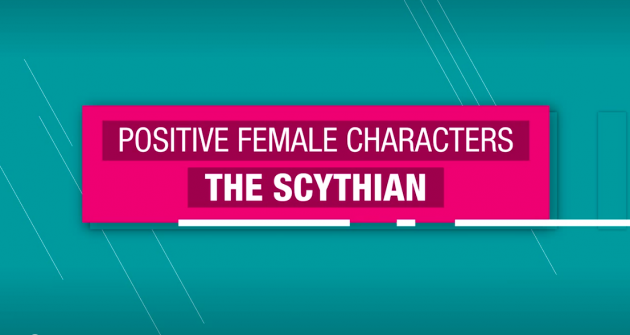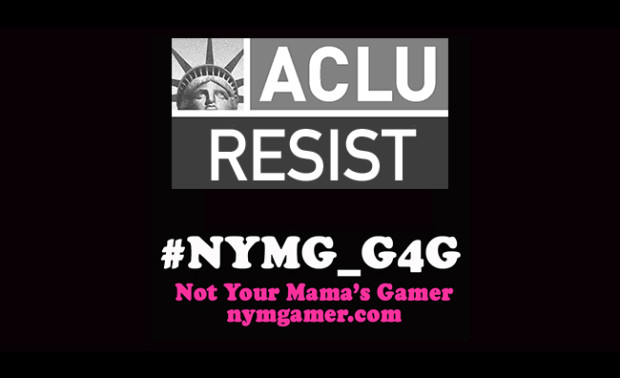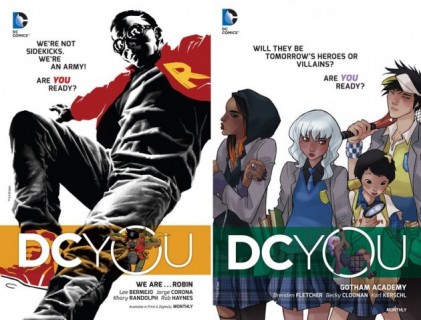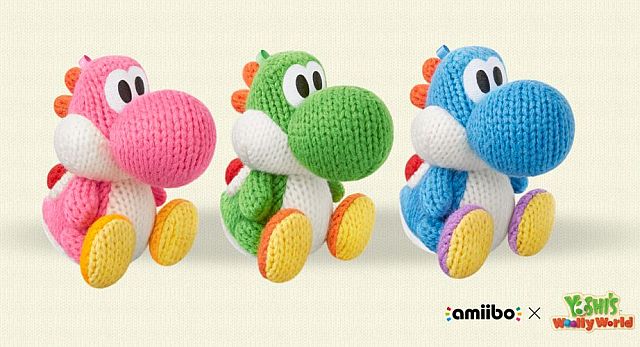Not all disabilities are visible. Not even the physical ones. But that doesn’t mean that they can’t affect the ways that we interact with technologies. I know that Alisha and I suffer with some pretty nasty RSIs (repetitive stress injuries) and I have some pretty significant hearing loss in one ear that affects the way that I hear (or don’t hear) certain octaves of sound and, of course, it gets worse as I get older. As gamers these injuries and disabilities mean that we sometimes have to take a break from playing games or find adaptive technologies to help us out. This can include playing computer games with a keyboard rather than a console game with controllers to reduce stress on tendons and such or wearing gaming headsets that allow for significant customization of the way sound comes through so that I can hear ambient sounds or voices of a certain level. For the most part these things are intermittent for us, but for some people their disabilities are permanent and constant and console makers have failed to do anything to make their games more accessible to differently abled folks. In some ways it seems that the opposite is true, the XBox controller can be pretty large and unwieldy even for small handed folks without disabilities and the shoulder buttons on the New 3DS are pretty much impossible to reach comfortably unless you have uncommonly long digits that can hook significantly in order to 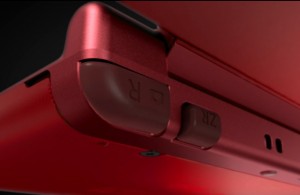 avoid hitting the first set of buttons while reaching over them to get to the second set. And the 3DS’ body design has not changed enough over the past 5 iterations to help alleviate the hand cramps that I get from holding the handheld for any significant amount of time and the games that are being released for these consoles are making it even worse.
avoid hitting the first set of buttons while reaching over them to get to the second set. And the 3DS’ body design has not changed enough over the past 5 iterations to help alleviate the hand cramps that I get from holding the handheld for any significant amount of time and the games that are being released for these consoles are making it even worse.
 While I was excited for last year’s release of Super Smash Bros. for the 3DS, after playing the demo I decided that this was definitely not the game for me. Not only did the necessary manipulations of the left circle pad make my thumb hurt (and in some cases reportedly cause people to break the damned thing off), but the rapid fire button presses with my right hand caused my tendons to flair up after one day of playing the demo for about half an hour. And apparently I’m not the only one, Super Smash Bros. creator, Masahiro Sakurai has tenosynovitis, calcific tendinitis in his shoulder, that makes it impossible to play his own game and many others without his “arm [giving] out in 10 minutes”. Sakurai had previously used a special 3rd party controller to play PS3 games but with their being no specialized controller for the PS4 yet (17 months after the launch of the system) he has had to modify his specialized PS3 controller for use with the PS4.
While I was excited for last year’s release of Super Smash Bros. for the 3DS, after playing the demo I decided that this was definitely not the game for me. Not only did the necessary manipulations of the left circle pad make my thumb hurt (and in some cases reportedly cause people to break the damned thing off), but the rapid fire button presses with my right hand caused my tendons to flair up after one day of playing the demo for about half an hour. And apparently I’m not the only one, Super Smash Bros. creator, Masahiro Sakurai has tenosynovitis, calcific tendinitis in his shoulder, that makes it impossible to play his own game and many others without his “arm [giving] out in 10 minutes”. Sakurai had previously used a special 3rd party controller to play PS3 games but with their being no specialized controller for the PS4 yet (17 months after the launch of the system) he has had to modify his specialized PS3 controller for use with the PS4.
For years awesome organizations like Able Gamers, whose Founder Mark Barlet we interviewed back in episode 47, have worked to help bring video games to differently abled folks and to provide resources, like lists of accessible controllers and games, to the gaming community. But Sakurai’s announcement about his own gaming woes makes me wonder if Sony, Nintendo, and Microsoft will finally do more to make their own consoles more accessible or at least provide some more affordable and easily accessible first party specialized controllers (and headsets would be nice too).

